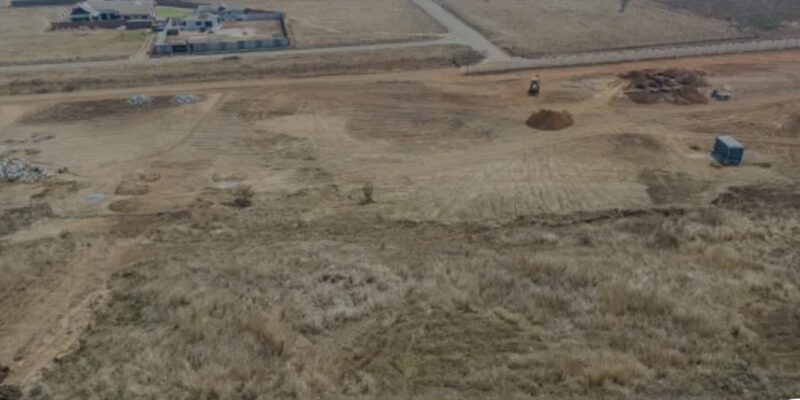Buying a stand is one of the biggest financial decisions anyone can make — and in Zimbabwe, it’s also one of the trickiest. Many people have fallen prey to land scams or bought stands that later turn out to be illegal developments. But how do you make sure your dream property doesn’t turn into a nightmare?
Real estate advocate Nigel Mapingire recently broke down the crucial points that every potential stand buyer must know — from understanding ownership types to checking proper documentation before signing that agreement.
1. Understanding Property Ownership in Zimbabwe
According to Mapingire, property ownership in Zimbabwe can exist under different sessions or arrangements, namely:
- Title deeds
- Council session
- Developer session
- Local governance session
Each of these represents a different stage or structure of ownership, but they all have one common goal — ensuring that the land is properly accounted for and recognized by the authorities.
2. The Example: From Parent Deeds to Subdivision
Mapingire explains this process with a simple example.
Let’s say you own 10 hectares of land in Marlborough and you want to develop it into stands for sale. That piece of land will have title deeds, also known as parent deeds. Before you can sell any portion of it, you must apply for a subdivision permit from the local council.
This permit allows you to legally divide the land into smaller residential or commercial plots. But that’s not all — the council will issue a list of conditions that must be met to ensure the development meets local authority standards.
These include things like road networks, drainage systems, sewer lines, and other infrastructure essentials. Once all the engineering works and background developments are complete, the council issues a Certificate of Compliance — a key document that confirms your project follows all the required standards.
3. Title Deeds vs. Compliance Process
One of the biggest misconceptions among buyers is that a stand without title deeds is automatically illegal or fake. That’s not always true.
Some developers may still be in the process of obtaining a Certificate of Compliance, which means the paperwork is underway and the land is legitimate — it’s just not yet finalized.
This is also why undeveloped stands are usually cheaper than fully compliant ones. The cost reflects the amount of work, approvals, and documentation that have been completed.
4. The Ultimate Buyer’s Checklist
Before you buy any stand in Zimbabwe, there are critical documents you must confirm with the developer or seller. According to Mapingire, always check for the following:
- Parent Deeds – to confirm ownership of the original piece of land.
- Subdivision Permit – proof that the land has been legally divided.
- Dispensation Certificate – issued by the Surveyor General’s Office.
- Indowment – find out who is responsible for paying it (developer or council).
- Certificate of Compliance – shows the project has met all council requirements.
If the developer can provide all these documents, it means the development is compliant, and once the project is complete, title deeds can be easily transferred to buyers.
5. The Bottom Line
Buying land is not just about finding an affordable stand — it’s about securing your investment with the right information. Before you commit your hard-earned money, take time to verify the documents and understand what stage the development is at.
As Mapingire puts it, “Do your due diligence before you buy.” A legitimate developer will always be transparent with paperwork and willing to walk you through the process.
So the next time you’re tempted by that “too good to be true” offer — pause, ask the right questions, and remember: a genuine stand is built on compliance, not promises.














Comments